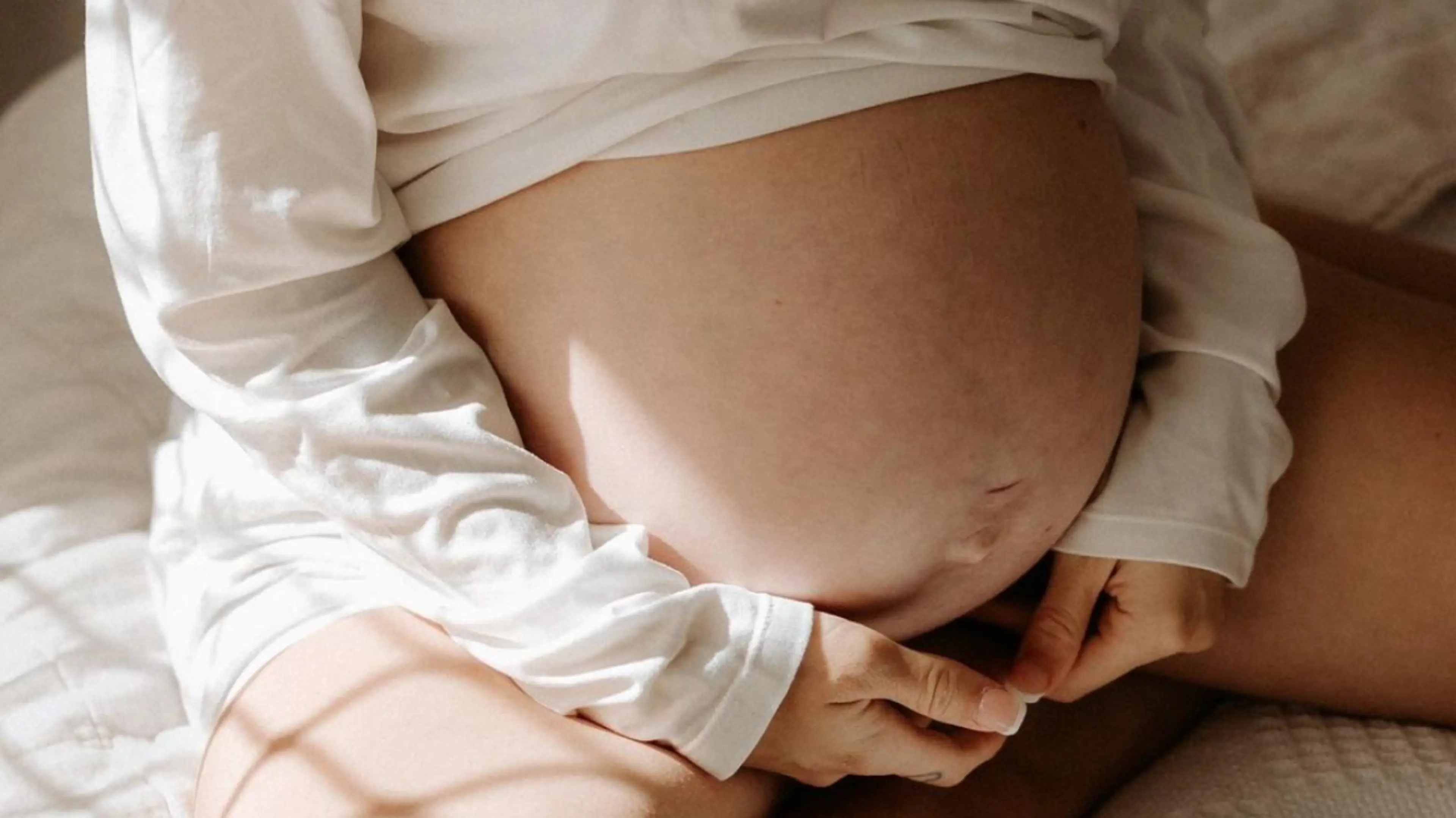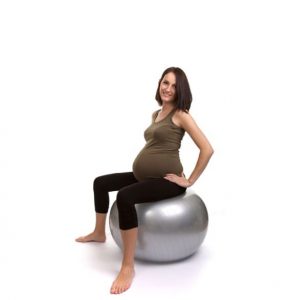 By John M. de Castro, Ph.D.
By John M. de Castro, Ph.D.
In today’s Research News article “Development and Evaluation of a Mindfulness-Based Mobile Intervention for Perinatal Mental Health: Randomized Controlled Trial” (See summary below or view the full text of the study at: https://pmc.ncbi.nlm.nih.gov/articles/PMC11786135/ ) Park and colleagues performed a randomized clinical trial comparing the effectiveness of a 4-week smartphone-based mindfulness program to a wait-list control condition on the mental health of pregnant women. They found that mindfulness training produced significant reductions in anxiety and increases in emotional well-being, mindfulness, and maternal-fetal attachment.
So, mindfulness training improves the mental health of pregnant women.
CMCS – Center for Mindfulness and Contemplative Studies
This and other Contemplative Studies posts are also available on the Contemplative Studies Blog http://contemplative-studies.org
Study Summary
Park S, Cho HY, Park JY, Chung K, Jhung K. Development and Evaluation of a Mindfulness-Based Mobile Intervention for Perinatal Mental Health: Randomized Controlled Trial. J Med Internet Res. 2025 Jan 17;27:e56601. doi: 10.2196/56601. PMID: 39823585; PMCID: PMC11786135.
Abstract
Background
Perinatal mental health problems, such as anxiety, stress, and depression, warrant particularly close monitoring and intervention, but they are often unaddressed in both obstetric and psychiatric clinics, with limited accessibility and treatment resources. Mobile health interventions may provide an effective and more accessible solution for addressing perinatal mental health. Development and evaluation of a mobile mental health intervention specifically for pregnant women are warranted.
Objective
This study aimed to evaluate the effectiveness of a 4-week, self-administered mobile mindfulness intervention in reducing anxiety, depression, and stress, and improving emotional well-being, maternal-fetal attachment, and mindfulness skills in a general population of pregnant women.
Methods
Pregnant women were recruited and randomized to an intervention or a wait-list control group. The intervention group participated in a self-administered 4-week smartphone-based mindfulness program. Anxiety, depression, and stress were assessed as primary outcomes at baseline and postintervention. Secondary outcomes were mental health well-being, maternal-fetal attachment, and skills of mindfulness. The usability of the mobile intervention was also evaluated.
Results
A total of 133 pregnant women were randomly assigned to the intervention (n=66) or the control group (n=67). The overall dropout rate was 30% (39/133). Anxiety scores of the intervention group significantly decreased from baseline to postintervention (P=.03, Wilcoxon Signed-Rank test), whereas no significant changes were observed in the control group. Depression and stress scores showed no significant changes. Emotional well-being significantly improved in the intervention group (P=.01). Improvements were observed in maternal-fetal attachment, particularly in attributing characteristics to the fetus (P=.003) and in differentiating the self from the fetus (P=.006). Mindfulness awareness also showed significant improvement (P=.008). Significant between-group effects were identified for mindfulness awareness (P=.006) and attributing characteristics to the fetus (P=.002). After applying the false discovery rate corrections, within-group improvements in emotional well-being, maternal-fetal attachment, and mindfulness awareness remained significant, while between-group differences for emotional well-being and differentiation were not significant.
Conclusions
A mobile mindfulness program effectively reduced anxiety and improved emotional well-being, maternal-fetal attachment, and mindfulness awareness in the general population of pregnant women. Mobile interventions may offer a cost-effective and feasible method for promoting perinatal mental health.








